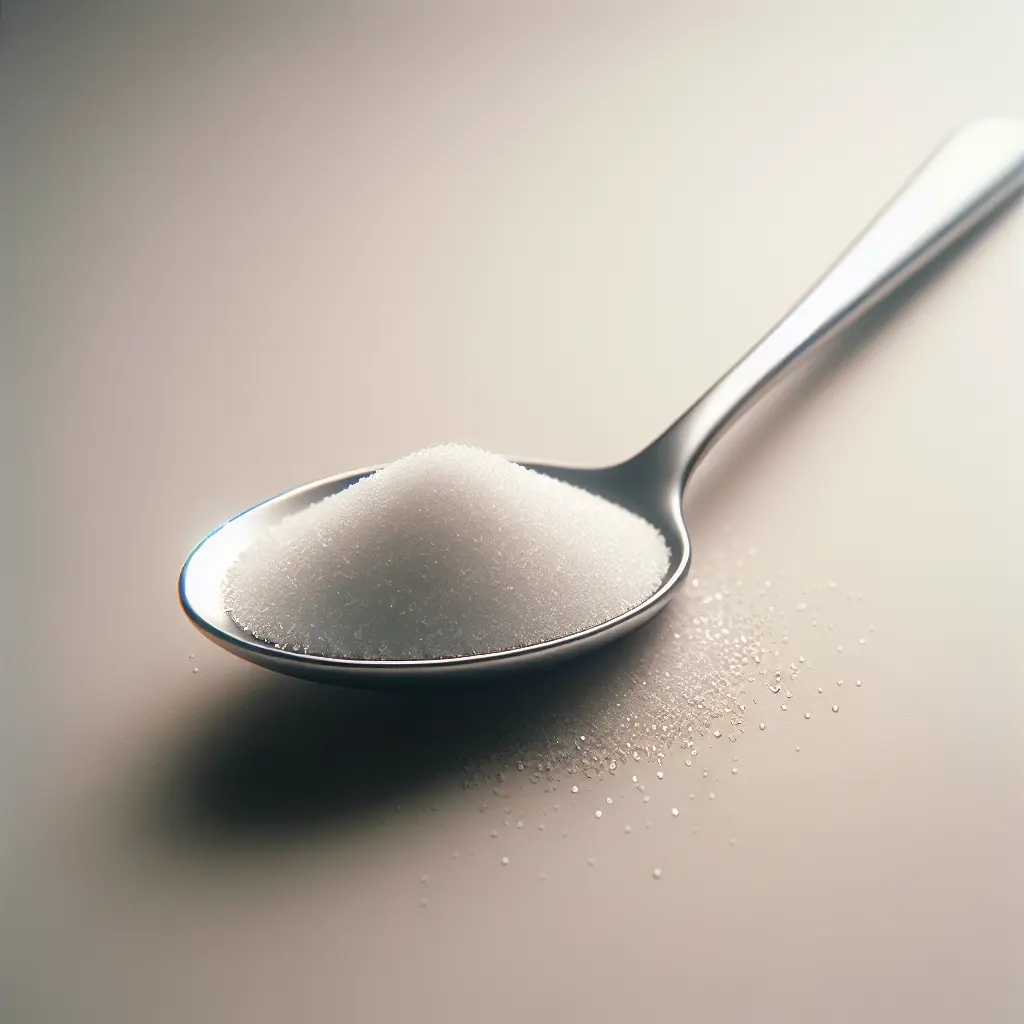A Sweet but Sinister Substance
Sugar, a ubiquitous ingredient in our modern diet, is a simple carbohydrate that provides a quick burst of energy. It is found naturally in fruits, vegetables, and milk, and is also added to a wide range of processed foods, beverages, and desserts. While sugar can be a pleasurable treat in moderation, excessive consumption can have detrimental effects on our health.
Health Risks Associated with Excessive Sugar Intake
- Weight gain: Sugar is high in calories and provides little nutritional value. Consuming sugary foods and drinks can lead to weight gain and obesity, which is a major risk factor for chronic diseases such as heart disease, stroke, and type 2 diabetes.
- Tooth decay: Sugar is a primary culprit in tooth decay. When bacteria in the mouth feed on sugar, they produce acids that erode tooth enamel, leading to cavities.
- Chronic diseases: Excessive sugar consumption has been linked to an increased risk of developing chronic diseases such as type 2 diabetes, heart disease, and non-alcoholic fatty liver disease. Sugar can raise blood sugar levels, which over time can damage blood vessels and organs.
Recommended Sugar Intake
The American Heart Association recommends limiting added sugar intake to no more than 6 teaspoons per day for women and 9 teaspoons per day for men. This includes sugar added to foods and beverages, as well as naturally occurring sugars in fruit juice and honey.
Tips for Reducing Sugar Intake
- Read food labels carefully and choose foods and beverages with low sugar content.
- Limit your intake of sugary drinks, such as soda, juice, and sports drinks.
- Opt for whole fruits instead of fruit juice or dried fruit.
- Bake your own desserts instead of buying pre-packaged ones, which often contain high amounts of sugar.
- Use natural sweeteners, such as honey or maple syrup, in moderation.
Conclusion
Sugar can be a pleasurable treat in moderation, but excessive consumption can have detrimental effects on our health. By limiting our intake of added sugar and choosing healthier alternatives, we can reduce our risk of developing chronic diseases and maintain a healthy weight.
How many calories are in Sugar?
Each 1 tsp of Sugar contains 16 calories.
Sugar Nutritional Information
| Nutrient | Amount per 1 tsp (4.2g) |
|---|---|
| Calories | 16 Calories |
| Protein | 0g |
| Fat | 0g |
| Saturated Fat | 0g |
| Cholesterol | 0mg |
| Carbohydrates | 4.2g |
| Dietary Fiber | 0g |
| Sugar | 4.2g |
| Sodium | 0mg |
| Potassium | 0.0001mg |
| Calcium | 0mg |
| Iron | 0mg |
